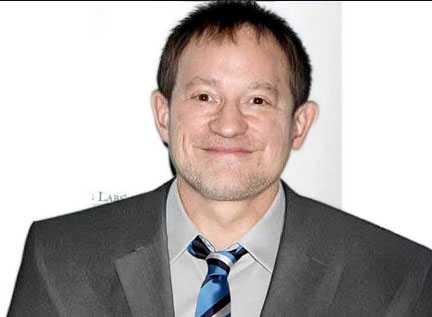In a notable shift within Mexico's judicial landscape, Hugo Aguilar Ortiz has been elected as the new chief justice of the Supreme Court. This elevation is particularly significant given his humble beginnings in a remote, Mixtec-speaking village in Oaxaca, where he spent his childhood herding goats. Aguilar Ortiz's story challenges established norms, demonstrating that individuals from marginalized backgrounds can ascend to influential positions, potentially bringing about change within the judiciary.
His election was part of a groundbreaking reform initiated by the leftist governance of Morena, which sought to empower citizens by allowing direct elections for thousands of judges, replacing the previous appointment-based system. While proponents argue that this initiative addresses corruption and enhances accessibility for underrepresented groups, critics assert that it risks undermining judicial independence and consolidating power within the ruling party led by President Claudia Sheinbaum.
Aguilar Ortiz’s rise is particularly noteworthy as he symbolizes hope for many who have felt excluded from the legal system. Human rights activist Alejandro Marreros Lobato expressed optimism about Ortiz's leadership, suggesting that his presence could mark a turning point toward greater justice and equity within the legal framework. As Mexico navigates this pivotal period, the implications of Aguilar Ortiz's leadership may resonate well beyond the nation's courts, representing a broader shift in societal expectations and governance.
His election was part of a groundbreaking reform initiated by the leftist governance of Morena, which sought to empower citizens by allowing direct elections for thousands of judges, replacing the previous appointment-based system. While proponents argue that this initiative addresses corruption and enhances accessibility for underrepresented groups, critics assert that it risks undermining judicial independence and consolidating power within the ruling party led by President Claudia Sheinbaum.
Aguilar Ortiz’s rise is particularly noteworthy as he symbolizes hope for many who have felt excluded from the legal system. Human rights activist Alejandro Marreros Lobato expressed optimism about Ortiz's leadership, suggesting that his presence could mark a turning point toward greater justice and equity within the legal framework. As Mexico navigates this pivotal period, the implications of Aguilar Ortiz's leadership may resonate well beyond the nation's courts, representing a broader shift in societal expectations and governance.


















